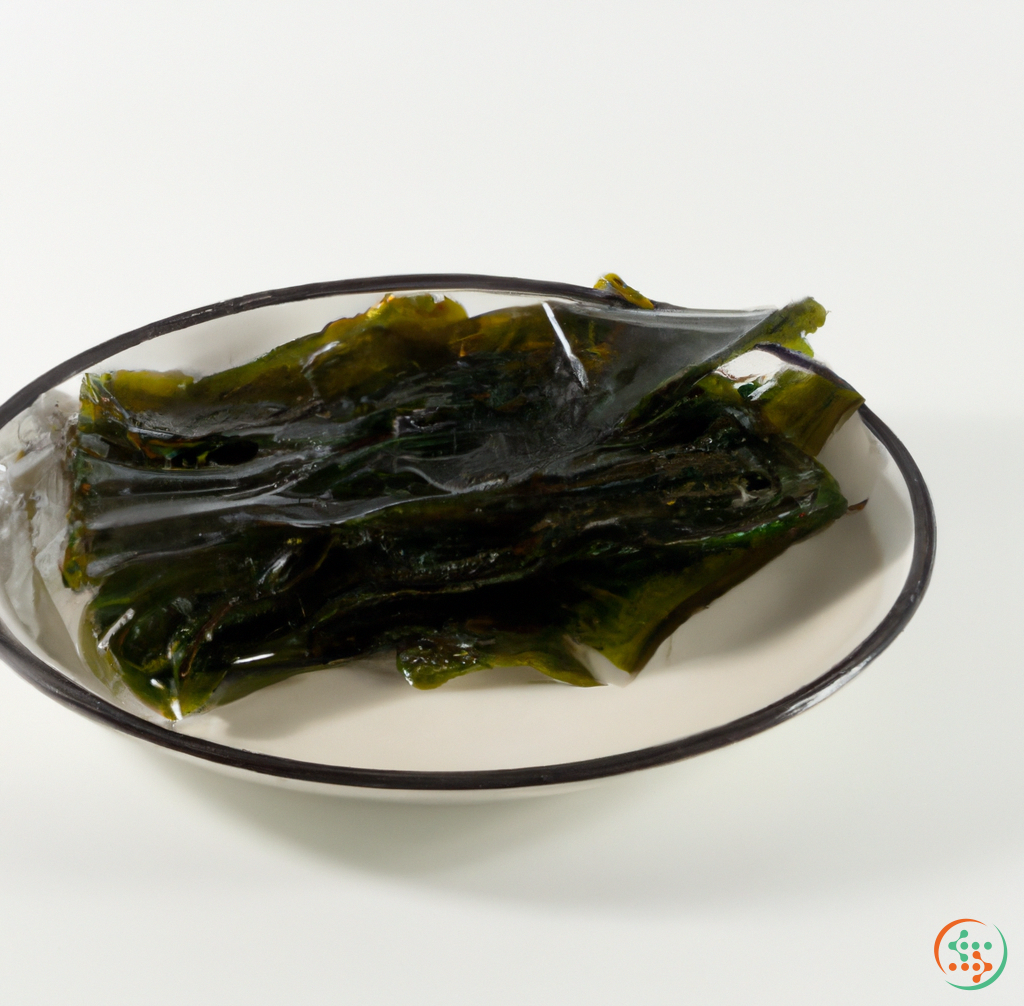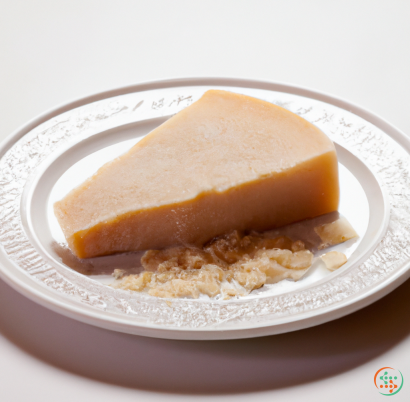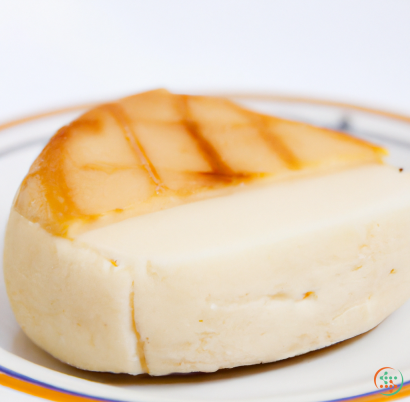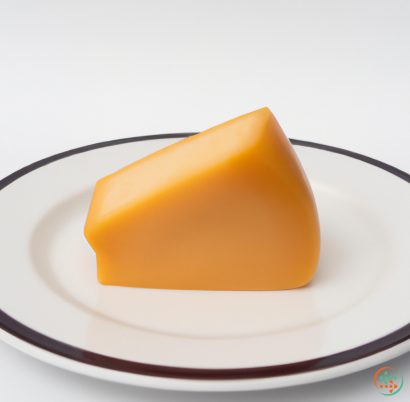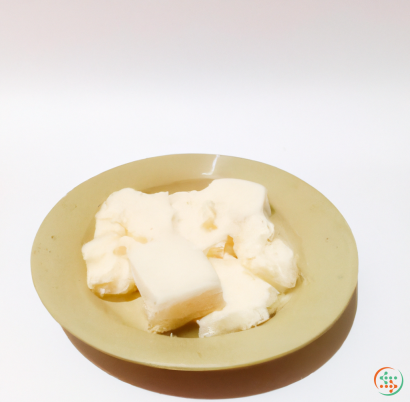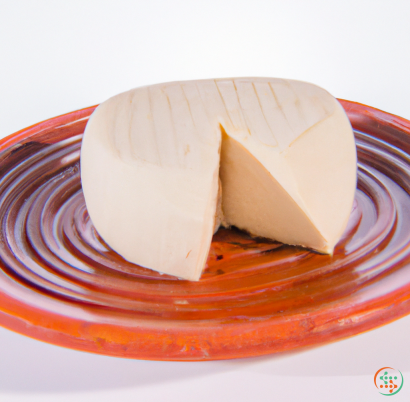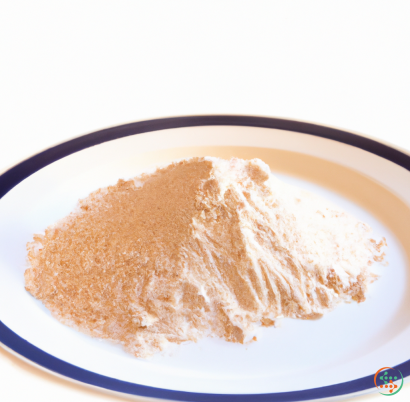Kelp
Kelp is a form of seaweed that is often overlooked in the grand scheme of ocean life. It meets the growing demand for a sustainable form of food and medicine and is considered to be one of the ocean's most essential species. Whether you are looking for something to snack on while fishing or trying to solve a health problem, kelp is there to meet your needs.
What is Kelp?
Kelp is a popular type of seaweed found in cold, shallow waters of the ocean. It belongs to the brown algae family and can grow up to 300 feet tall. Kelp is packed with vitamins, minerals, proteins and carbohydrates that makes it an ideal snack for sea life and humans alike. In addition to its nutritional value, kelp provides a range of environmental and economic benefits.
Kelp plays a critical role in coastal ecosystems by protecting coastlines from wave erosion and providing shelter for other marine life. It forms part of the food chain when some fish use them for their homes, and whales feed on its abundant nutrients. By forming a fence along the shoreline, kelp also helps to reduce pollution and can even mitigate human impacts from storms, high tides and repopulate an area when harvesting has occurred. Together with the help of other ocean plants, its presence also enhances water quality, helping fish and other aquatic species to thrive.
The Benefits of Kelp
Kelp has a plethora of benefits that can’t be overlooked. Not only is it a nutrient-rich food source but it is also an excellent remedy for a range of ailments. You can find it being used in various over-the-counter products for its antioxidant, anti-inflammatory and disease-fighting properties. The seaweed is full of protein, fiber, vitamins and minerals that can play an important role in promoting a healthy diet. It has been shown to reduce triglycerides (blood fat) levels, lower blood sugar levels, reduce the risk of heart disease and even improve bone health.
Kelp is also a sustainable food source. Its growth rate is incredibly fast, allowing it to rapidly replenish itself after being harvested. Since kelp grows in shallow waters and is exposed to sunlight and the oxygen within the water, it is able to reproduce quickly and is capable of becoming a viable food source in a short period of time. Unlike other harvestables like fish, kelp doesn't need to be located miles away from land, making it easier to harvest while still preserving the health of the ocean.
Kelp has also been utilized for food since ancient times, an example being its use as an ingredient in Japanese soups. Today it is enjoyed in popular dishes such as sushi, salads, and noodles. You can even find it as an ingredient in various health foods and supplements, like meal replacement bars or powder shake drinks.
Kelp is also used for its medicinal properties. Because it contains high contents of chlorophyll and iodine, it can act as an anti-inflammatory and can help to balance hormones. It is a key ingredient for various health remedies, such as Chinese and Japanese traditional medicines, and can help to reduce the symptoms of illnesses, such as the common cold.
Kelp has been found to be an effective natural fertilizer with its ability to release essential mineral elements into the soil. It is often used as an organic fertilizer and soil conditioner. In some areas, farmers have successfully applied kelp powder to their crops, resulting in more yields and improved soil fertility.
Kelp is an important part of the ocean ecology and is one of the most beneficial organisms in our seas. Its fast-growing nature makes it a sustainable and renewable resource. For those living in coastal areas, kelp can provide a variety of food and health benefits. Whether you’re looking for a nutritious snack or a medicinal remedy, kelp is there to meet your needs.
Kelp, or seaweed, is a nutritious and versatile food that has been harvested and eaten around the world for centuries. While kelp may seem simple, its journey from the ocean depths to your dinner plate is a complex and fascinating process. In this blog post, we’ll explore the various stages of kelp from its creation on the seafloor to its consumption on the dinner plate.
What is Kelp?
Kelp is a type of seaweed that belongs to the class Phaeophyceae and the order Laminariales. It’s an edible form of algae that is widely distributed around the world, mainly in coastal areas. Unlike most sea plants, kelp can grow exceptionally quickly, with some species capable of growing up to 2 feet per day. It thrives in cold, nutrient-rich waters with a depth between 10 -660 feet.
Kelp is packed with nutrients, making it a great source of vitamins and minerals. It’s high in iodine and other minerals like iron, zinc, and magnesium. It also provides antioxidants, polysaccharides, polyphenols, vitamins A, C, K, and B12, and phytonutrients.
Where Does Kelp Come From?
Kelp naturally grows on the seafloor. It’s a multicellular organism that anchors itself to the bottom of the ocean with root-like structures called “holdfasts.” It obtains its energy from the sun through photosynthesis and is able to absorb nutrients from its environment through its fronds.
Once kelp has reached maturity, it can be collected for use in food and other products. Harvesting is typically done using a boat equipped with specialized equipment that pulls up kelp from the seafloor. Typically, a single boat can collect between 300-400 pounds of kelp in a day.
Processing Kelp
Once harvested, the next step in the process is to transport the kelp to a processing facility. In these facilities, the seaweed is washed, sorted and dried. This process is essential to maintain the quality of the kelp and reduce spoilage.
Once dried, the kelp is ready for further processing, depending on its intended purpose. For food, the kelp can then be cut and packed into bags for retail sale. It can also be milled and used in food products such as sauces, seasonings and snacks. Meanwhile, if it’s being used as a natural fertilizer or soil amendment, the dried kelp must first undergo another high temperature process called pyrolysis. In this process, the kelp is heated in an oxygen-free environment, which produces an organic fertilizer known as “kelp meal.”
Transporting Kelp
Once the kelp has been processed, the final step is to transport it to its final destination for sale or distribution. This is typically done by boat, truck, or train. For food-grade kelp, additional measures must be taken to ensure the product’s quality is not compromised during transport. The kelp must be kept dry and stored in a cool, dark environment.
At this point, the kelp is ready to be sold in stores, distributed to restaurants and demand, or picked up by consumers. Once purchased or harvested, the kelp must still be stored and treated properly before being consumed.
Preparing and Eating Kelp
Kelp is an incredibly versatile ingredient and can be used in a variety of dishes. However, before cooking with it, it must be cleaned and prepared. Most recipes call for dried kelp, which can be reconstituted in water, or soaked in hot liquid for a few minutes before being added to the recipe. Additionally, fresh kelp must be washed, cut and seasoned before cooking. Some chefs also recommend removing the thick midrib of the frond, as this can be chewy and unappetizing.
Once prepped and cooked, kelp can be enjoyed in a variety of ways. It can be added to soups and stews, used as a noodle replacement, or served raw in salads. It also makes a great side dish, as it can be quickly cooked and seasoned with a variety of ingredients for a burst of flavor and texture.
Conclusion
Kelp is a nutritious and versatile food with a fascinating journey from its home on the seafloor to your dinner plate. It offers a healthy, sustainable way to enjoy natural vitamins and minerals, and is an easy, delicious way to add a unique flavor to everyday dishes. From harvesting and processing to preparing and eating, kelp is an integral part of our global food system.
| Vitamin A | 0.006 mg | |
| Beta-Carotene | 0.07 mg | |
| Vitamin E | 0.87 mg | |
| Vitamin K | 0.066 mg | |
| Vitamin C | 0.003 grams | |
| Vitamin B1 | 0.05 mg | |
| Vitamin B2 | 0.15 mg | |
| Vitamin B3 | 0.47 mg | |
| Vitamin B4 | 0.0128 grams | |
| Vitamin B5 | 0.64 mg | |
| Vitamin B9 | 0.18 mg |
| Calcium | 0.168 grams |
Daily Value 1.3 g
|
| Iron | 0.00285 grams |
Daily Value 0.018 g
|
| Magnesium | 0.121 grams |
Daily Value 0.4 g
|
| Phosphorus | 0.042 grams |
Daily Value 1.25 g
|
| Potassium | 0.089 grams |
Daily Value 4.7 g
|
| Sodium | 0.233 grams |
Daily Value 2.3 g
|
| Zinc | 0.00123 grams |
Daily Value 0.011 g
|
| Copper | 0.13 mg |
Daily Value 0.9 mg
|
| Manganese | 0.2 mg |
Daily Value 0.0023 g
|
| Selenium | 0.7 ug |
Daily Value 0.055 mg
|
| Tryptophan | 0.048 grams | |
| Threonine | 0.055 grams | |
| Isoleucine | 0.076 grams | |
| Leucine | 0.083 grams | |
| Lysine | 0.082 grams | |
| Methionine | 0.025 grams | |
| Cystine | 0.098 grams | |
| Phenylalanine | 0.043 grams | |
| Tyrosine | 0.026 grams | |
| Valine | 0.072 grams | |
| Arginine | 0.065 grams | |
| Histidine | 0.024 grams | |
| Alanine | 0.122 grams | |
| Aspartic Acid | 0.125 grams | |
| Glutamic Acid | 0.268 grams | |
| Glycine | 0.1 grams | |
| Proline | 0.073 grams | |
| Serine | 0.098 grams |
| Total Sugars | 0.6 grams |
per 100g
|
| Myristic acid (14:0) | 0.03 grams |
|
| Palmitic acid (16:0) | 0.11 grams |
|
| Stearic acid (18:0) | 0.09 grams |
|
| Total Saturated fatty acids: | 0.23 g | |
| Oleic acid (18:1) | 0.09 grams |
|
| Total Monounsaturated fatty acids: | 0.09 g | |
| Linoleic acid (18:2) | 0.02 grams |
|
| Total Polyunsaturated fatty acids: | 0.02 g | |
